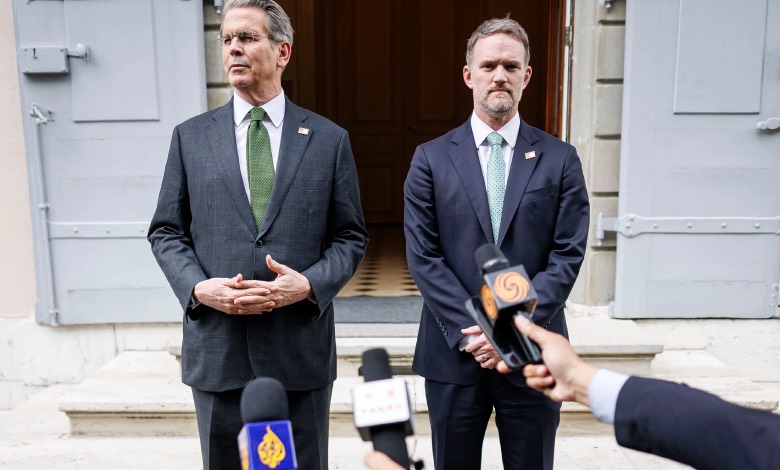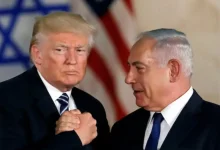US and China Praise Progress in Geneva Trade Negotiations, Promise Further Talks
Both nations signal breakthrough after intensive negotiations, with formal announcement expected Monday

Geneva: High-level trade negotiations between the United States and China concluded Sunday in Geneva with both sides highlighting a positive shift in their ongoing economic dialogue. While details remained scarce, officials pointed to a shared understanding and plans for further engagement.
Chinese Vice Premier He Lifeng described the talks as “candid, in-depth, and constructive,” noting that a joint statement set to be released Monday would reveal an “important consensus.” Echoing this sentiment, U.S. Treasury Secretary Scott Bessent and Trade Representative Jamieson Greer referred to the talks as a “substantial progress” toward narrowing the trade gap and easing tensions.
No specific breakthroughs were disclosed on contentious issues such as the steep U.S. tariffs of 145% on Chinese imports or China’s 125% retaliatory duties on American goods. Bessent and Greer avoided questions from reporters but emphasized that details of the agreement would follow shortly.
Amid global market unease over prolonged trade frictions, Greer labeled the outcome as a deal that could help shrink the United States’ $1.2 trillion goods trade deficit. “It’s important to understand how quickly we were able to come to agreement,” he noted, suggesting differences may have been overstated.
Vice Premier He also met with World Trade Organization Director General Ngozi Okonjo-Iweala, who welcomed the talks’ outcome and urged further cooperation. The WTO, which has ruled against some of the Trump-era tariffs, remains hamstrung by a non-functioning appellate body due to U.S. opposition to new appointments.
New Economic Dialogue Mechanism
Both countries agreed to form a new platform for regular trade and economic consultations. Although specifics are still being finalized, the initiative aims to formalize future discussions. Similar frameworks in the past, such as the 2023 Economic Working Group led by former Treasury Secretary Janet Yellen and He Lifeng, have served as forums to air disputes, though with limited impact on fundamental policy shifts.
A Milestone in Bilateral Engagement
The Geneva meeting marked the first in-person engagement between top economic officials from the two countries since former President Donald Trump’s aggressive tariff campaign began. That policy, launched under the pretext of a national emergency tied to the fentanyl crisis, saw U.S. tariffs soar, effectively stalling nearly $600 billion in annual bilateral trade.
Despite China’s long-standing demand for tariff reductions, Trump hinted last week that a cut to an 80% rate might be acceptable—a shift from his previous hardline stance.
Greer emphasized that groundwork laid ahead of the talks helped pave the way for Sunday’s agreement, which is expected to address the national emergency declared by Trump regarding the trade deficit.
Further Deals on the Horizon
White House economic adviser Kevin Hassett indicated that the Geneva talks could open the door to more trade deals with other nations. Speaking to Fox News, Hassett revealed that Commerce Secretary Howard Lutnick is overseeing negotiations on roughly two dozen trade pacts.
While last week’s limited agreement with the UK left certain tariffs untouched, Hassett suggested future deals would be similarly tailored. Trump also praised the Geneva outcome on his Truth Social platform, calling the negotiations “a total reset… in a friendly, but constructive, manner.”
Neutral Ground for Tense Talks
The talks took place at a secluded villa in Cologny, a lakeside suburb of Geneva, hosted by Switzerland’s UN ambassador. The venue was selected after Swiss diplomatic overtures to both Washington and Beijing.
The U.S. continues to seek a reduction in its $295 billion trade deficit with China and push for a transformation of China’s state-led, export-driven economic model—a shift that would require deep domestic reforms in Beijing.




